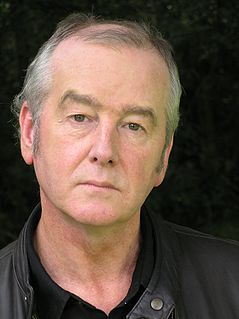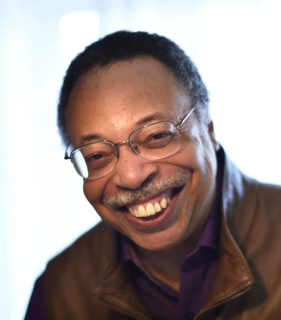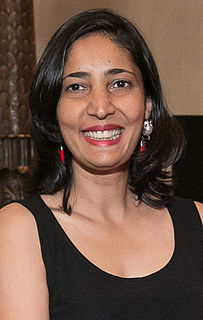A Quote by Karin Slaughter
I've always been drawn to dark stories. I enjoy reading Flannery O'Connor, Patricia Highsmith, and Margaret Mitchell.
Related Quotes
In my teaching, I try to expose my students to the widest range of aesthetic possibilities, so I'll offer them stories from Anton Chekhov to Denis Johnson, from Flannery O'Connor to A.M. Homes, and perhaps investigating all that strange variation of beauty has rubbed off on me. Or perhaps that's why I enjoy teaching literature.
The phrase the violent bear it away fascinated the 20th century Irish-American storyteller Flannery O'Connor, who used it as the title of one of her novels. O'Connor's surname connects her to an Irish royal family descended from Conchobor (pronounced Connor), the prehistoric king of Ulster who was foster father to Cuchulainn and husband of the unwilling Derdriu. In the western world, the antiquity of Irish lineages is exceeded only by that of the Jews.
By the time I got to college I had stopped reading books because I wanted to "be cool" and started reading books simply because I wanted to read them. I discovered heroes like Roth, King, Dahl, Shirley Jackson, Patricia Highsmith, TC Boyle, Douglas Adams, Neil Gaiman, David Sedaris. These people weren't trying to "rebel against the literary establishment." They were trying to write great, high-quality books that were as entertaining and moving as possible.
Donna E. Smyth - adventures with words; she is always doing something new and unique. Beginning with her visceral morality, her stories are startling, nerve wracking, provocative: she combines Angela Carter's beautiful style with Patricia Highsmith's malevolent atmospheres. Smyth shatters clichs and dismisses mere sociology. She knows that pleasure is besieged by terror. She tells us what we don't want to know, but need to know. Smyth's writing disturbs us, enrichingly, because truth can never be at peace with language.





































